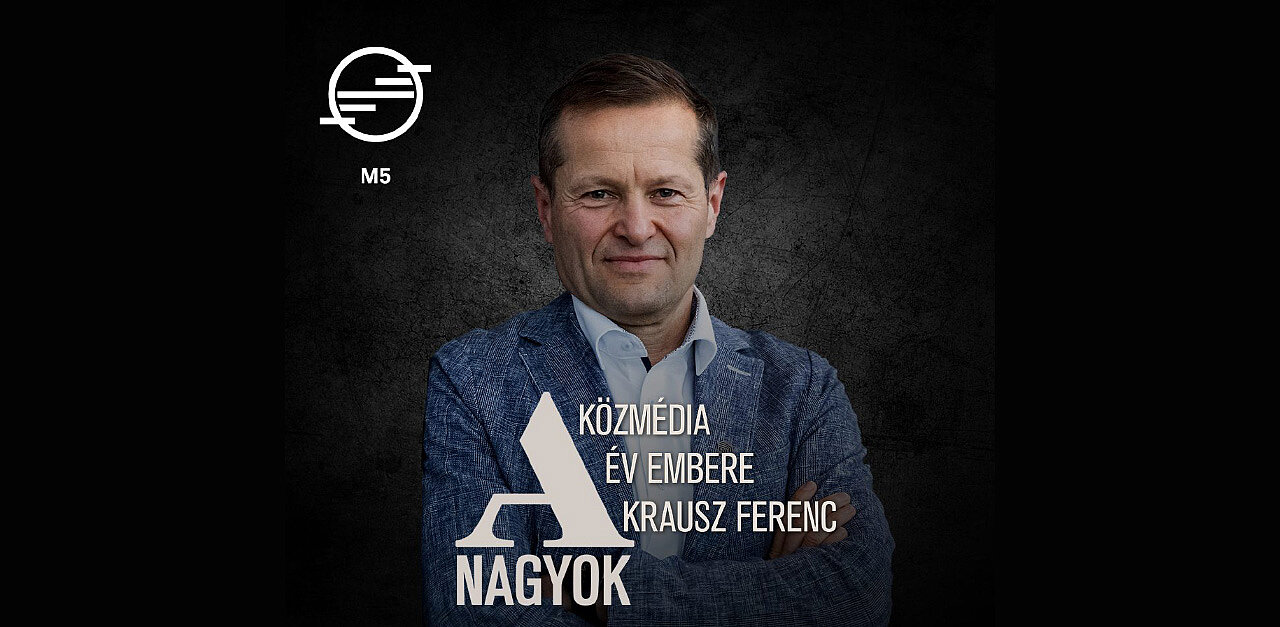The aim of the “Man of the Year”- award, established in 2020 by the public media in Hungary, is to draw attention to personalities, outstanding achievements, and intellectual accomplishments that enrich Hungary’s history and have a great impact on society.
In 2023, the public media gave this award to the Nobel Prize winner, Ferenc Krausz, in recognition of his outstanding scientific work and social activities.
To mark the occasion, Professor Krausz was interviewed about his journey from childhood to his scientific breakthrough and the feelings that this international award has brought him.
The 50-minute portrait interview, titled “The Greats – Ferenc Krausz – Man of the Year,” was broadcasted in Hungarian language in March on television and is now available online. You can watch the video here.
For all of you, you are not able to understand Hungarian we collect some facts about Ferenc Krausz that he shared in his portrait video.
— As a child, he wanted to be an archaeologist so he could dig up ancient objects and deduce how people lived in the past.
— In high school, he assembled his personal radio from all kinds of electrical equipment. The radio’s 10—15 meter- long antenna was stretched out between the garage and the house. The long-wave beams can travel long distances, so he could hear Russian and Chinese radio on it.
— He studied at two universities simultaneously. Physics was not enough for him at the Budapest University of Technology and Economics, so he studied theoretical physics at ELTE University.
— He believes that science cannot exist without failure, but failure can also provide valuable insight into discoveries.
— A typical feature of laser experiments is that the experiments start working during the night.
— The attosecond laser was produced and measured in 2 months from the experiment to publication.
— He first told his wife about the Nobel Prize, which he asked permission for and received.
— Winning the Nobel Prize was a life-changing event, he said. “It’s a huge, indescribable feeling, but mixed with panic, that the control of your own life is out of your hands for the first time in your adult life.”
— With the help of his scientific network, he established a foundation called Science4People. With the help of local communities in Ukraine, they support children in education and learning.
— He thinks the biggest challenges in the world are climate change and biodiversity.
